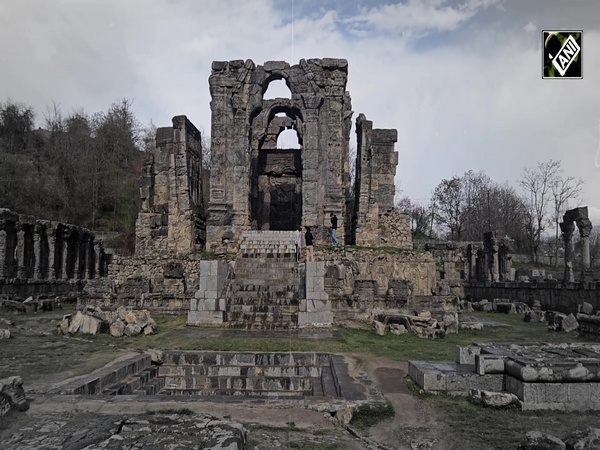Pakistan's history of resistance comes under spotlight as protests increase against Imran Khan government
Feb 01, 2022

Islamabad [Pakistan], February 1 : Pakistan's Tehreek-e-Insaf government under Imran Khan has brought the spotlight back on Islamabad's continued resistance against civilian and military leadership.
Pakistani politicians are famous for their inability to take a principled stand. Most of them show no loyalty to any leader or party and are strangers to deeply held convictions. As Pakistanis know all too well, most of their elected representatives can sell their votes and change their allegiances at a moment's notice, according to Dawn.
And yet, even dictators in Pakistan have found it difficult to suppress dissent. For one reason or the other, Pakistan's military rulers never seem to last more than a decade or so. Both Ayub Khan, the country's first military ruler, and Zulfikar Ali Bhutto toured the country whipping up anti-government feelings.
Also, General Zia faced protests from the people and journalists alike starting from the late 1970s till the 1980s.
And then, there was General Musharraf. When he tried to sack the chief justice, thousands of lawyers marched through tear gas to get him reinstated. Despite having an army at his disposal and despite the authorities' record of torturing and even disappearing people, when Musharraf opened up the media, journalists used their new freedoms to satirise him, as reported by Dawn.
More recently, the archetypical establishment party, the Pakistan Muslim League-Nawaz, has also come to understand the value of resistance.
Further, there are the Baloch. Even if many Pakistanis view their successive independence campaigns as misguided, there is no denying the determination of the Baloch to fight for their goals. Ever since 1947, there have been waves of violent insurgency in the province and there is no sign of it stopping any time soon, as noted by Dawn.
There are various explanations as to why Pakistanis are so consistently rebellious. Poor governance means that they have plenty to protest about. Poverty means some have little to lose. State weakness means that people can hope to avoid detection. A lack of commitment to the rule of law can mean protesters enjoy impunity, as reported by Dawn.


















